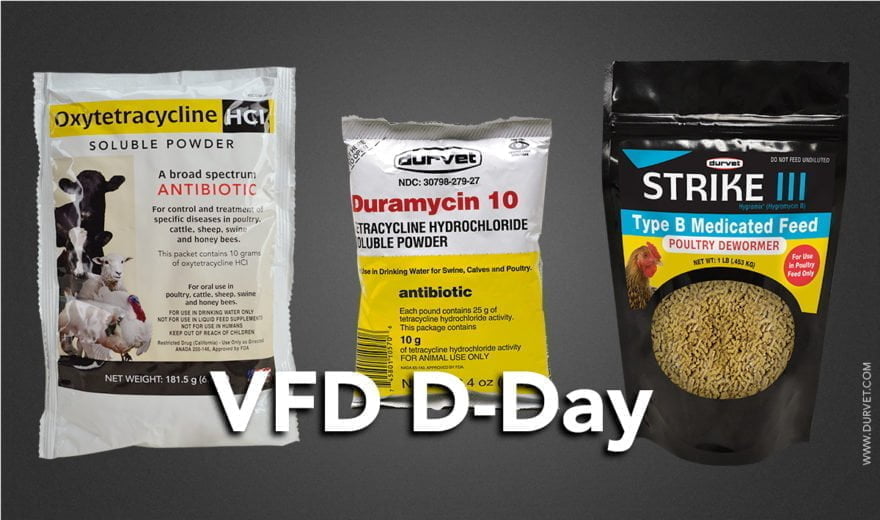
You didn’t think it would actually happen, did you? The rumors of a last-minute delay... or outright reversal of changes in how we treat animals with antibiotics... Didn't happen.
Gone are the use of these compounds for growth promotion and the increase in feed efficacy in livestock feeds. Gone are the use of feed additives for anything that isn't specifically claimed on the label.
No more off-label use of feed additives, even by a veterinarian.
Gone also are the use of many water-soluble items without the involvement of a veterinarian.
Happy New Year and Welcome.
Some of you reading this are now coming to the realization that things changed in our business with the ringing in of the new year. This change had nothing to do with the election of Donald Trump in November. Instead, it was a storm of changes that have been brewing at the FDA since 2003 when GFI 153 was issued. This required guidance for industry-listed drugs commonly used in animals that were deemed critical in human health care. This was followed in 2013 by further guidance documents outlining a deadline for implementing label changes. That deadline was January 1, 2017.
Any company holding a New Animal Drug Approval (NADA) containing drug class compounds used in animals that are deemed critical to human health were asked to voluntarily comply with changes in the use of these products. All holders of NADA’s compiled, which also required all holders of generics, also referred to as Abbreviated New Animal Drugs (ANADA) to change at the same time.
The list of drugs that have commonly been available to keep animals healthy without the involvement of a veterinarian now requires a script for water-soluble items, or a veterinary feed directive if used for mass treatment in livestock feeds. Common water-soluble drugs such as penicillin, neomycin, tetracycline, and sulfa compounds no longer are available for purchase off-the-shelf at your local farm and fleet or animal health store. So, what do you do now?
First off, get to know your local veterinarian. To script an antibiotic, they must have a valid client-patient relationship with you and know your animals. Most states define this as being on your farm or seeing your animals at least every six months. A very important exclusion you need to be aware of is that not all forms of these drugs are affected by this change. You can still use products designed for individual treatment of animals without a script.
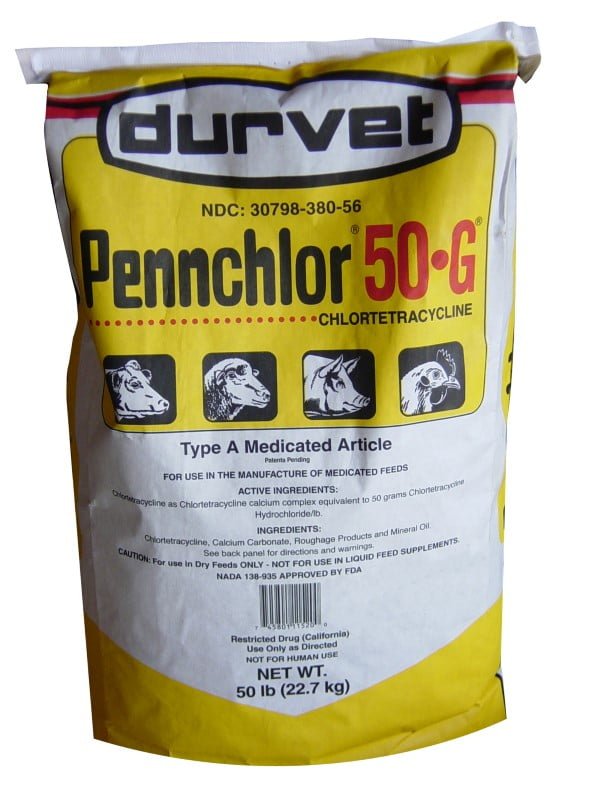
Therefore, injectable and bolus forms that have been available for many years are still available without a prescription. Some liquid items that are designed to be given orally by individually dosing animals are still on the OTC shelf. Preventative care and alternative products are gaining in popularity...and they work well. Make sure to do your research on probiotics, prebiotics, and egg-based antibody products.
Also available are natural products with antimicrobial properties that contain oregano and cinnamon. Durvet carries many items that fall into these categories. Please feel free to reach out to us, or one of our many distributor partners, for products that will work for you and your operation.
Here's to a healthy and productive 2017!

 BACK TO MAIN BLOG
BACK TO MAIN BLOG 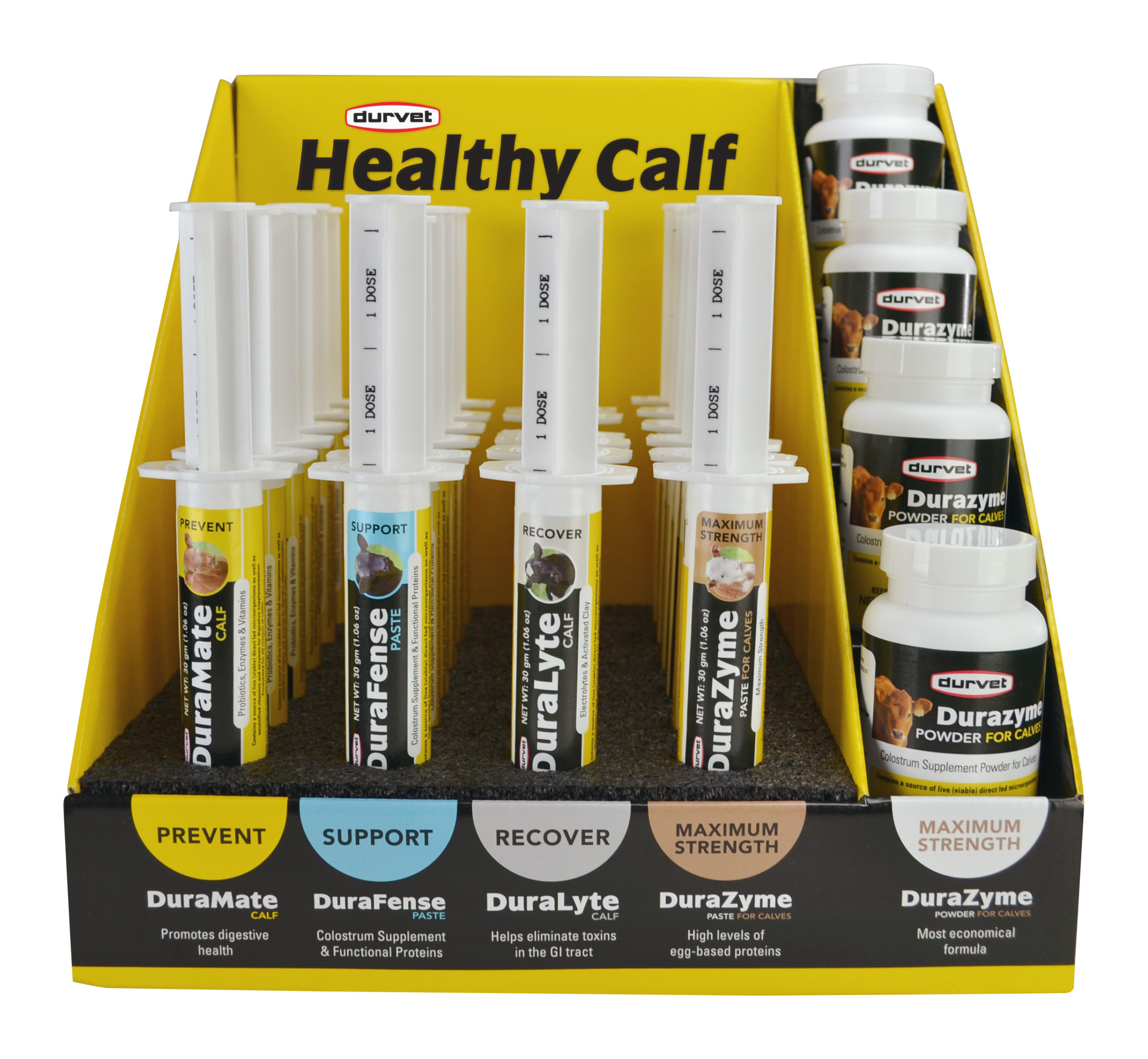
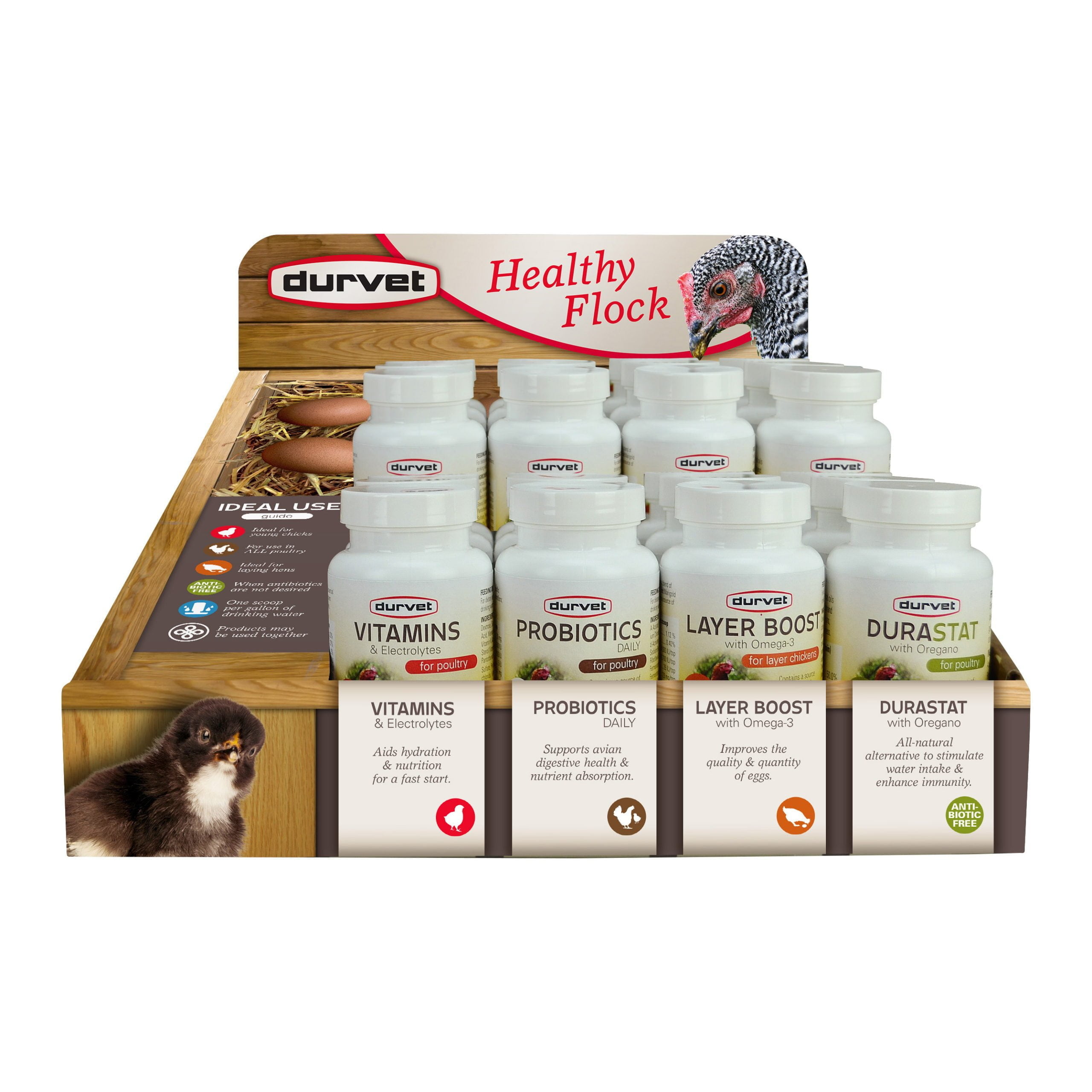
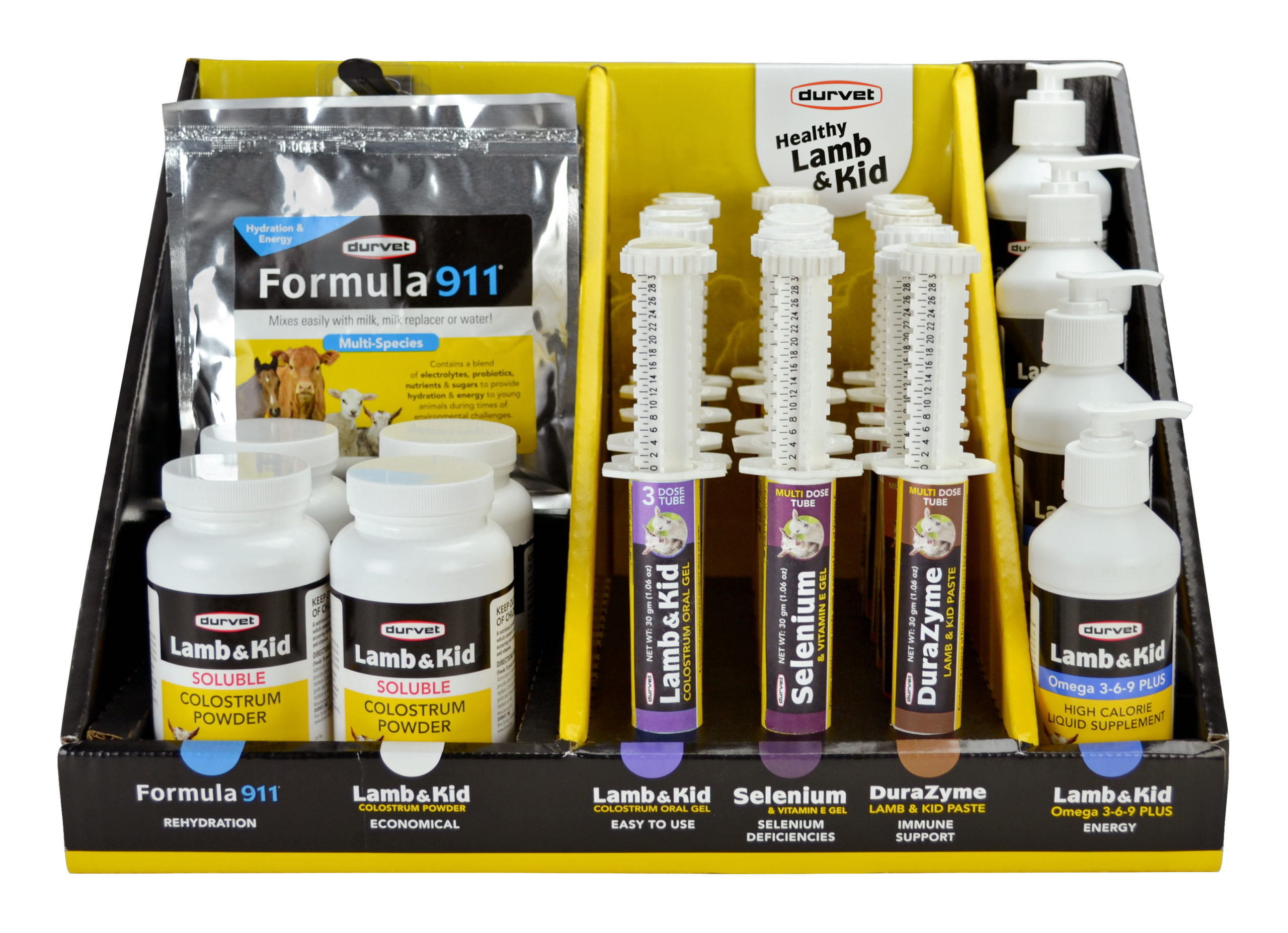
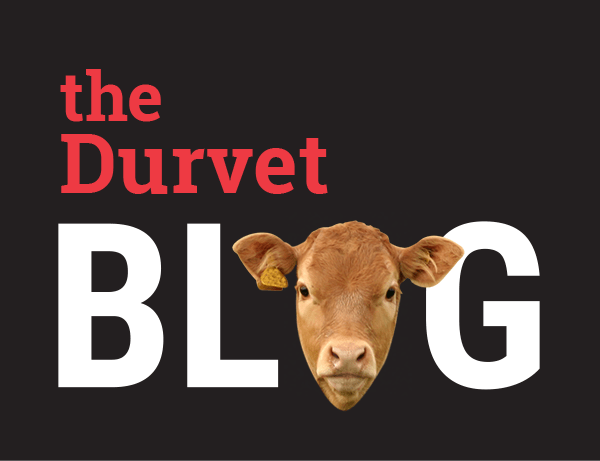
Comment